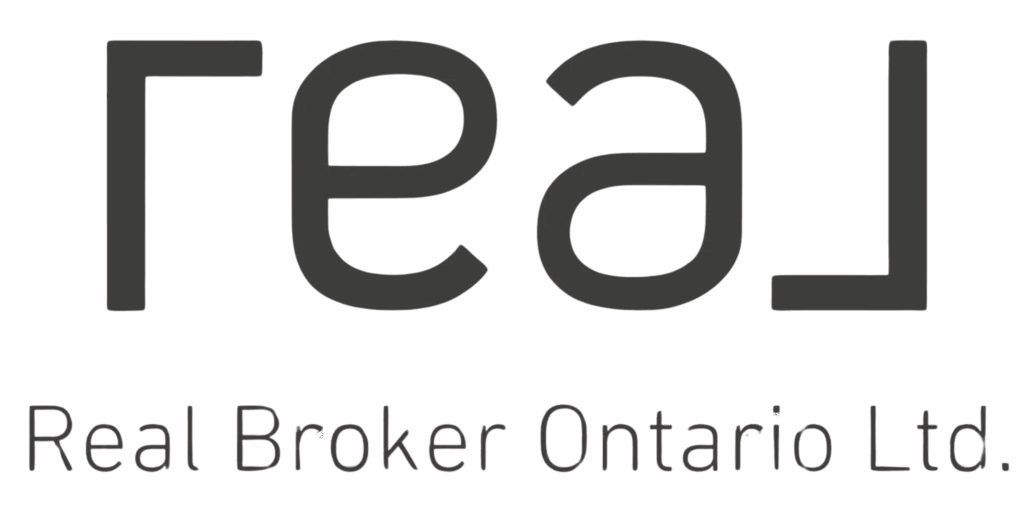Navigating Real Estate with Confidence
The Buyer’s Guide
Whether you’re buying your first home, investing in land, or relocating to a rural community, this guide is your starting point. We’ve created a series of in-depth articles to help you make informed, confident decisions.
Everything tailored for buyers navigating everything from rural properties to farmland and beyond. No guesswork. No jargon. Just practical insight, local expertise, and answers to the questions most buyers don’t even know to ask.
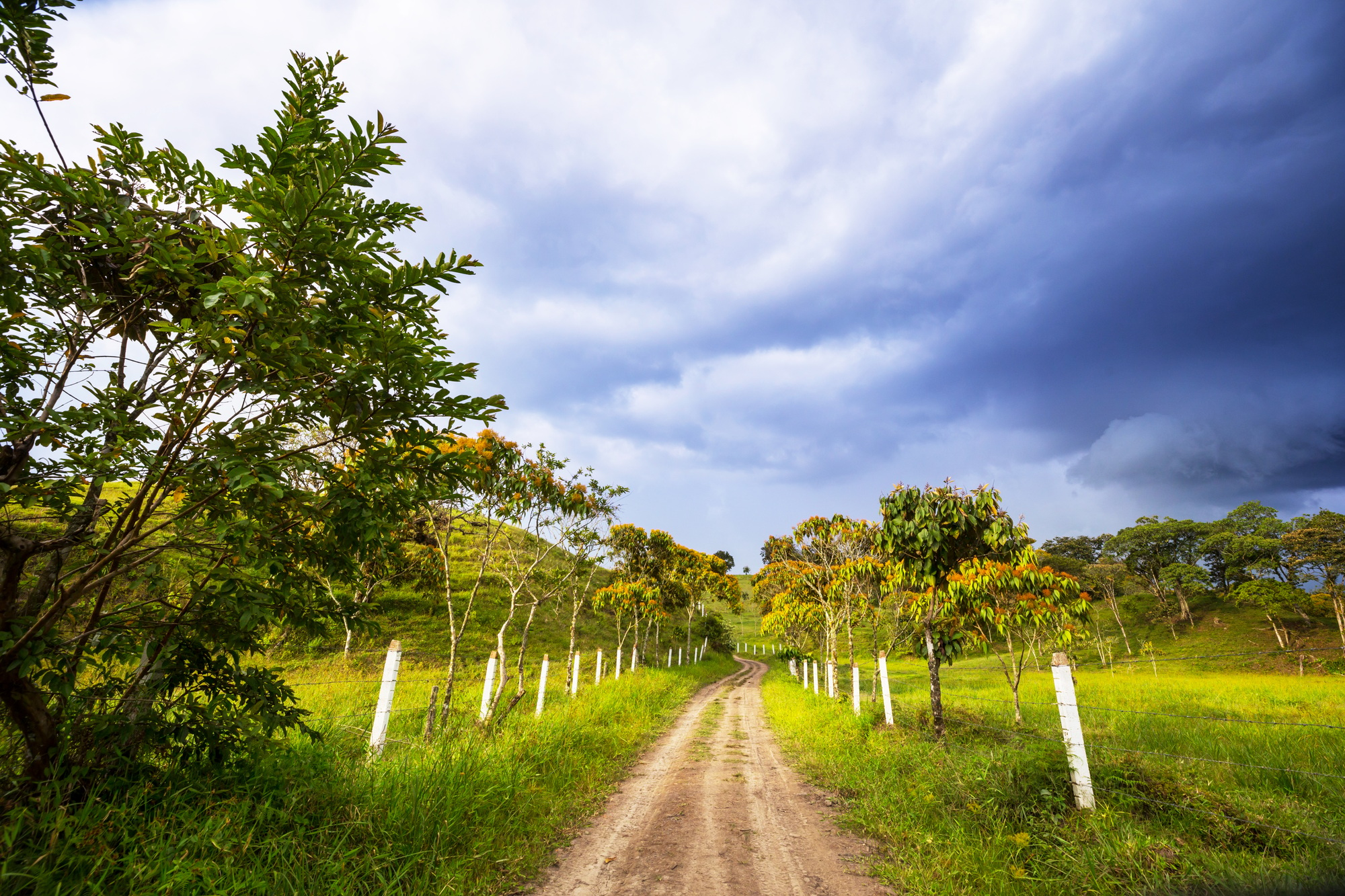
Buying Rural Property
Discover how to find rural land that matches your lifestyle and long-term goals. Learn what to look for in zoning, utilities, and access before making a purchase.
Buying rural property is different from buying a house in town. There are fewer rules of thumb — and a lot more you’ll need to investigate. Whether you’re dreaming of a private homestead, a cottage retreat, or a future development lot, rural land can offer more space and freedom — if you know what you’re getting into.
Key considerations include:
Zoning and Land Use: Always check the local zoning bylaws before you fall in love with a property. What looks like a dream hobby farm may be zoned for conservation use or restricted from any permanent structures.
Utilities and Infrastructure: Not all rural properties have access to hydro, septic, natural gas, or municipal water. Some rely on wells, propane, or solar setups. You’ll want to factor this into your budget — and understand the maintenance required.
Access and Road Maintenance: Is the road year-round maintained by the municipality? If it’s private or seasonal, you may need to handle snow removal or repairs yourself.
Surveys and Boundaries: In many rural areas, surveys are outdated or incomplete. Confirm the property lines, right-of-ways, and any encroachments before you finalize a purchase.
Rural property can be a fantastic investment or lifestyle upgrade — but it pays to work with an agent who understands the complexities. We’ll help you ask the right questions and avoid common pitfalls.
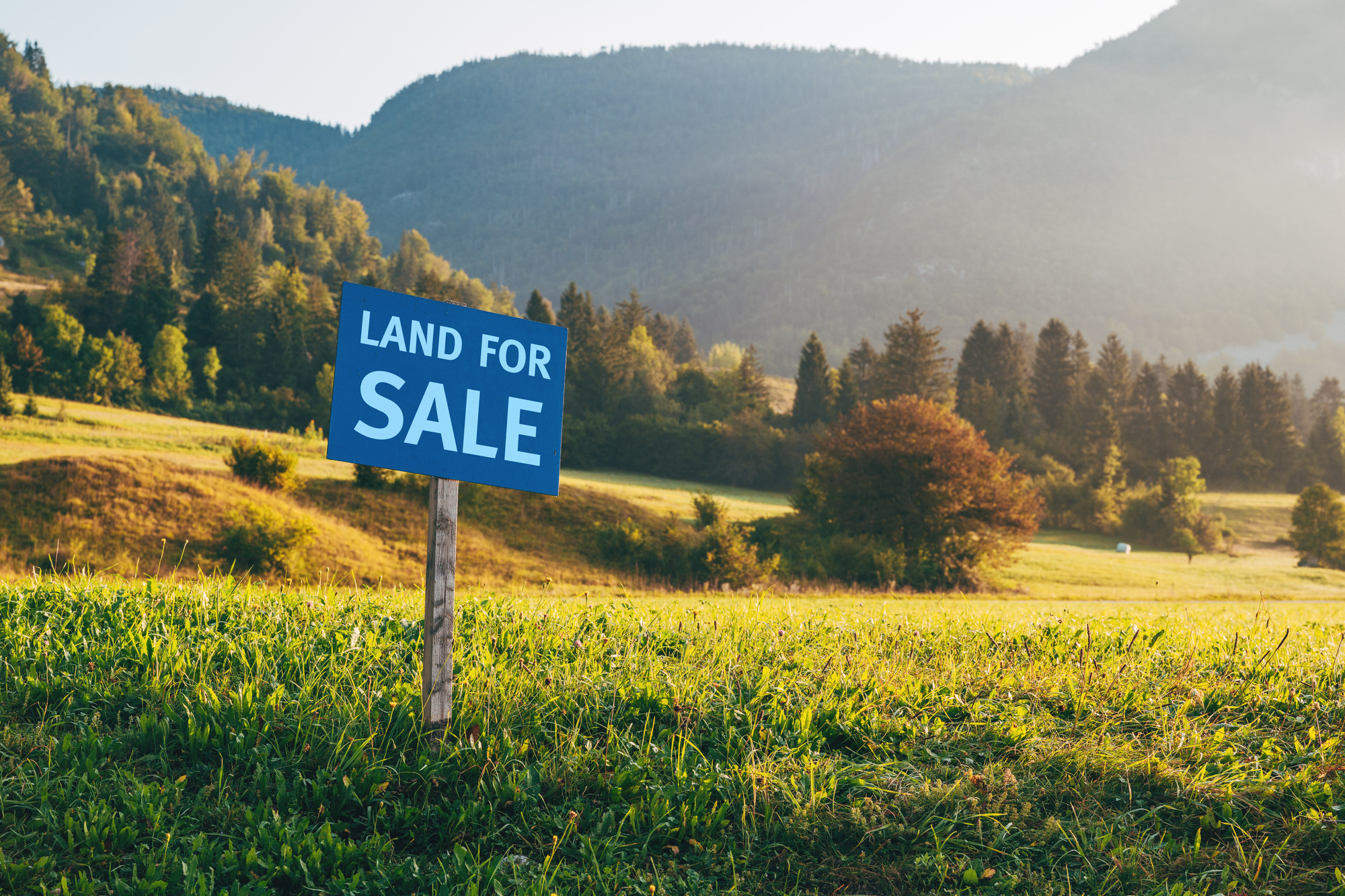
Selling Your Land
Explore key strategies to increase the value of your rural property before listing. This guide covers pricing, marketing, and legal prep to attract serious buyers.
Selling land — especially rural land — is very different from selling a traditional home. With no kitchen, no staging, and no square footage to highlight, your listing success depends on smart prep and a clear story.
Steps to maximize your sale:
Know Your Buyers: Are you appealing to developers? Hobby farmers? Cottage seekers? Investors? Tailor your messaging and pricing accordingly.
Highlight the Right Features: Acreage, zoning potential, water access, road frontage, and natural features like trees or open fields can all be major selling points — if presented properly.
Legal Readiness: Have your paperwork in order: surveys, zoning documentation, tax information, and any recent improvements (clearing, grading, fencing). Transparency builds trust and shortens closing timelines.
Access and Visibility: If the land is hard to find or overgrown, consider adding signage, a cleared path, or even drone footage to showcase its full potential.
Don’t Just Rely on MLS: Rural land often sells through niche networks. Our marketing strategy includes land buyers, developers, real estate investment groups, and direct-to-builder outreach.
The rural land market rewards preparation. With our help, you can present your property professionally, price it with precision, and attract the right kind of buyer.
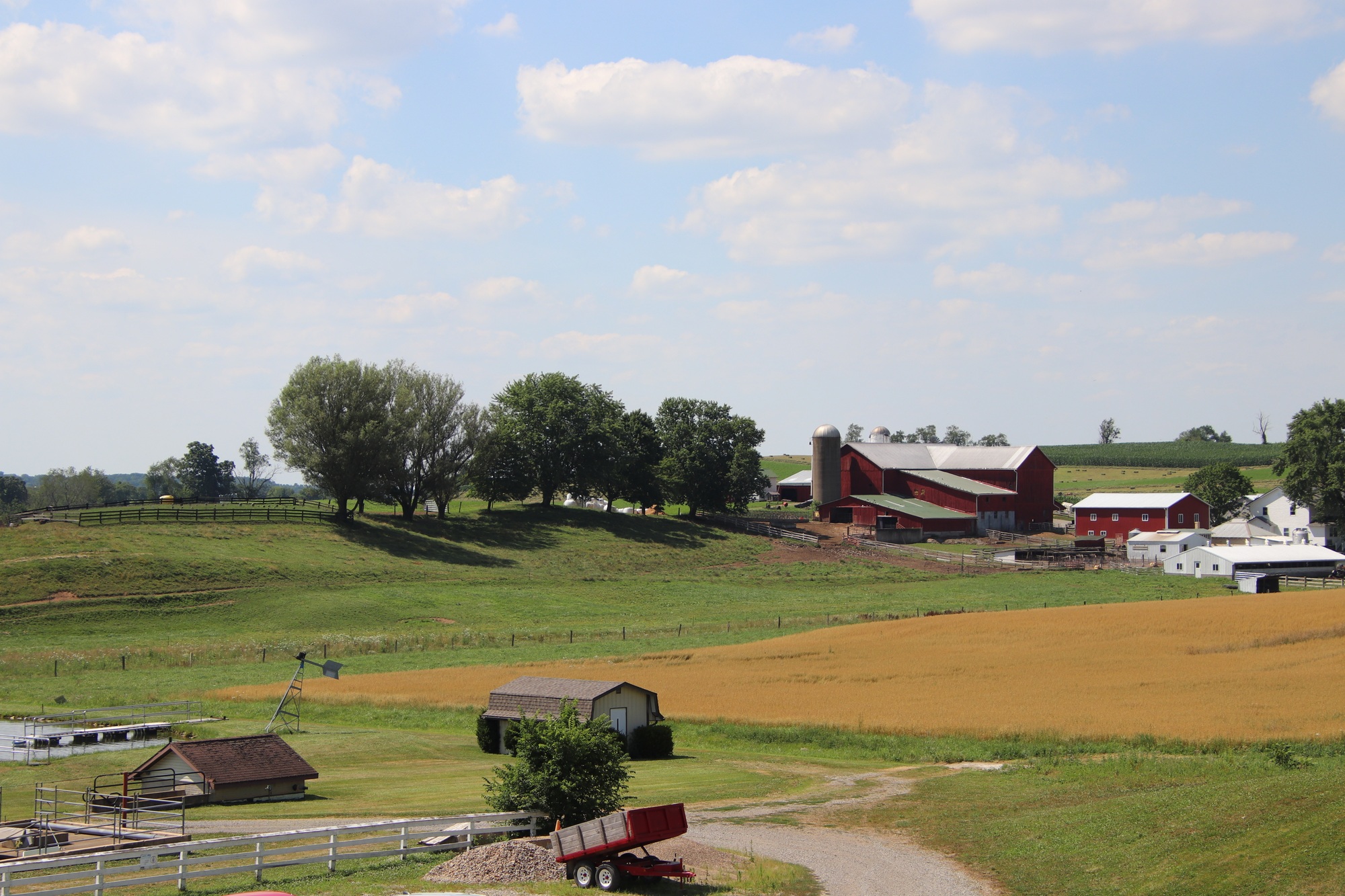
Buying a Farm
Understand the essential factors when buying farmland, from soil quality to tax implications. We'll walk you through financing, inspections, and government programs.
Buying a farm is a major decision — whether it’s for business, lifestyle, or legacy planning. Unlike buying a residential home, a farm purchase comes with agricultural regulations, operational requirements, and financing challenges that are easy to underestimate.
Here’s what you need to know:
Soil and Land Type: Not all land is equal. Some parcels are ideal for crops; others are suited to grazing, orchards, or conservation. Get a soil test and understand drainage, elevation, and crop history.
Farm-Specific Financing: Traditional mortgages don’t always apply. Farm Credit Canada (FCC) and agricultural lenders offer tailored products, but they require detailed business plans and financial documentation.
Zoning and Agricultural Taxation: Agricultural zoning can reduce taxes, but also limit what can be built on the land. If you plan to convert, subdivide, or expand structures, know the rules first.
Outbuildings and Equipment: Barns, silos, greenhouses, or sheds may add value — or liabilities. Are they structurally sound? Up to code? Electrified? We help coordinate inspections.
Government Programs & Grants: First-time farmers, sustainable agriculture practices, and certain regional buyers may qualify for rebates or grants. We’ll help you explore these options.
Buying a farm isn’t just about land — it’s about understanding how the land will work for you. Whether you’re growing, grazing, or homesteading, we’ll guide you through the entire process.
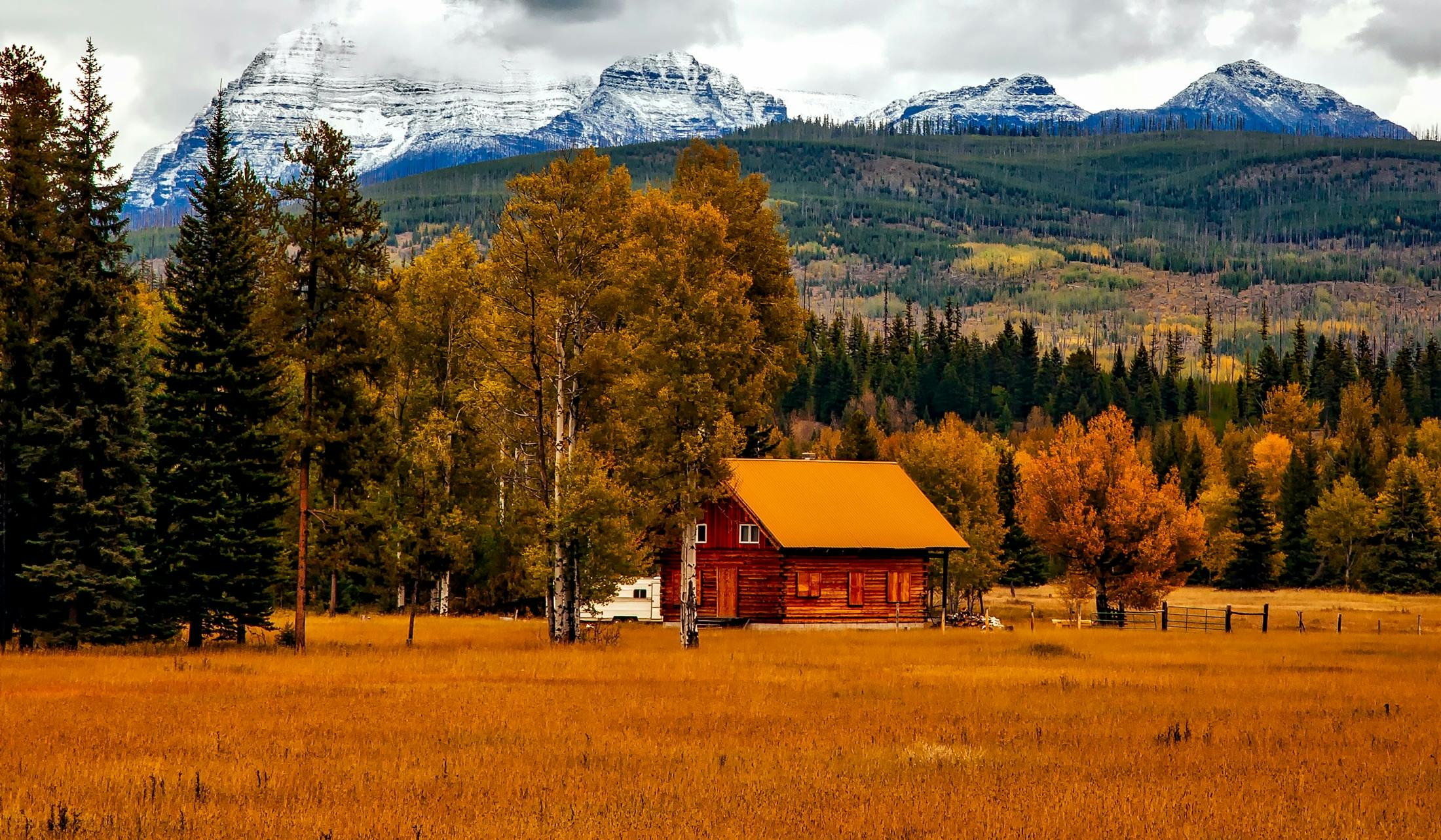
Buying a Cottage or Seasonal Property
Explore the unique considerations when purchasing a cottage or seasonal getaway. From road access to water systems, we walk you through utilities, zoning, insurance, and how to make the right long-term decision.
Buying a cottage or seasonal property is an exciting step — whether it’s for weekend escapes, rental income, or future retirement. But unlike traditional residential homes, these properties come with different infrastructure, access limitations, and legal nuances that can surprise unprepared buyers.
Here’s what you need to know:
Seasonal vs. Year-Round Access:
Some properties are only accessible during spring, summer, and fall — especially those on private or unmaintained roads. If you plan to visit in winter or live year-round, confirm that the property has municipal road maintenance and year-round access.Water & Septic Systems:
Many cottages rely on wells, lake intake systems, or holding tanks. Always request a water potability test and septic inspection. Replacing or upgrading these systems can be costly and time-sensitive, especially in remote locations..Heating & Utilities:
Off-grid or seasonal cottages often use electric baseboards, propane heaters, wood stoves, or solar power. Be sure to verify the availability of hydro, and check if the property is wired and winterized for four-season use.Zoning and Waterfront Regulations:
Cottage lots near water are often regulated by conservation authorities. Setback rules, shoreline alteration limits, and building restrictions can apply. We’ll help you verify zoning, legal dock status, and expansion potential before you commit.- Financing & Insurance Challenges:
Lenders treat seasonal properties differently — especially if they lack year-round access or standard infrastructure. Some banks require larger down payments or higher interest rates. Insurance can also be more expensive for off-grid systems or wood-burning heat sources. - Short-Term Rental Rules:
If you plan to use the cottage for Airbnb or seasonal rentals, check local bylaws and licensing requirements. Some municipalities restrict short-term rentals or limit how often a property can be rented.
Buying a cottage is about more than lakeside views — it’s about understanding how the property will perform and function over time. Whether it’s your weekend escape or future forever home, we’ll help you make a confident, informed purchase.
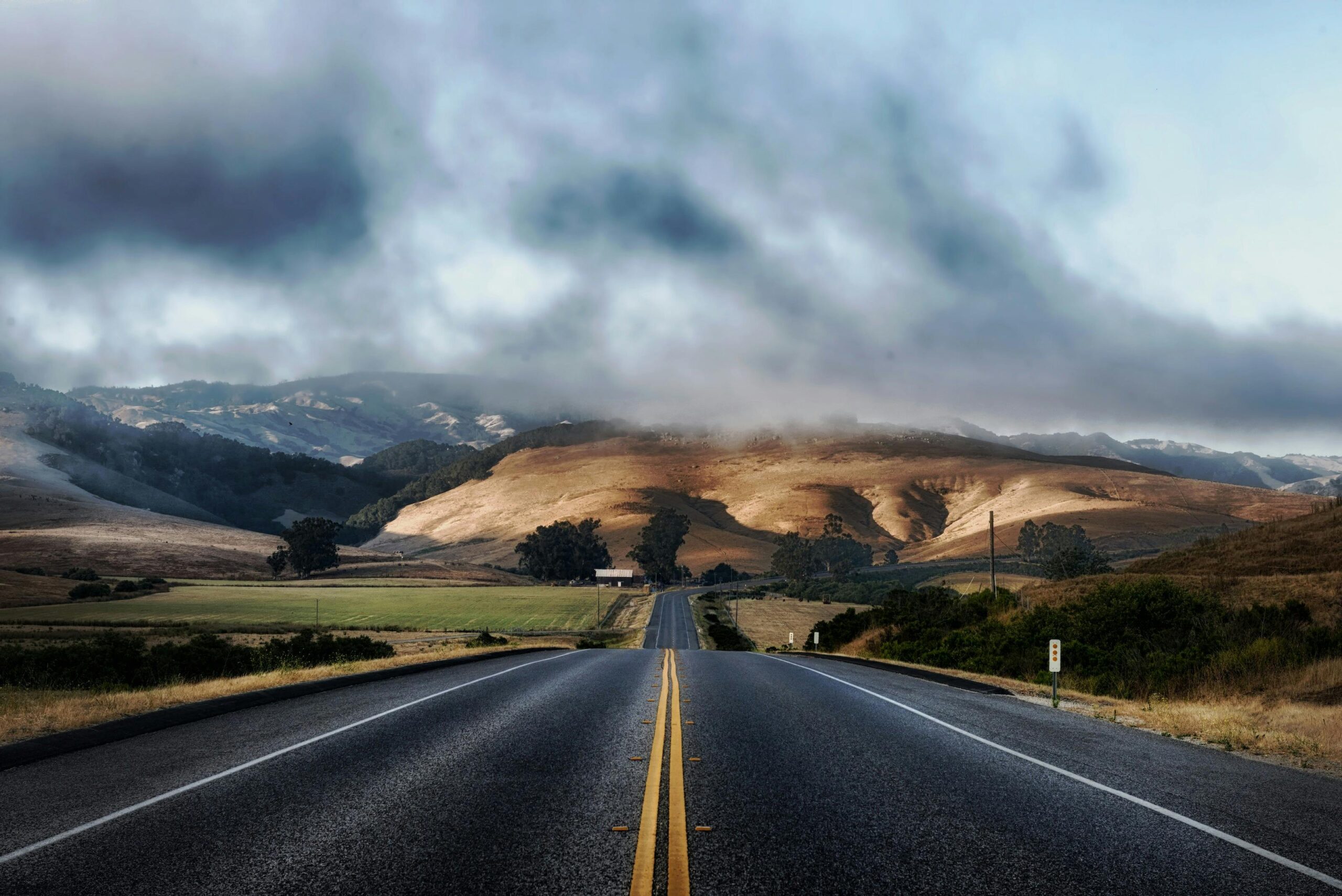
Understanding Road Access and Property Rights
Learn how road types, easements, and shared driveways can affect your ability to access, finance, and enjoy your rural property. We help you decode property reports, title documents, and surveys with confidence.
Road access isn’t always as simple as it seems — especially in rural or recreational property purchases. Whether you’re buying a home, land, or cottage, it’s essential to confirm how you’re legally allowed to reach your property — and who is responsible for maintaining that access. Overlooking these issues can lead to unexpected costs, disputes, or even access restrictions down the line.
Here’s what you need to know:
Public vs. Private Roads:
Public roads are maintained by the municipality and provide unrestricted access. Private roads, however, are often maintained by a group of landowners or not maintained at all. If your property is accessed by a private road, ask if there’s a maintenance agreement in place and what the annual cost is.Seasonal vs. Year-Round Maintenance:
Many cottage and rural roads are only maintained during certain months. If snow isn’t cleared in winter, access could be limited — which affects not just your lifestyle, but also emergency service availability, deliveries, and home insurance eligibility.Right-of-Way Easements:
Some properties are only accessible through another person’s land, using a registered right-of-way. This gives you legal permission to cross but doesn’t mean you own the path. Always verify that the easement is documented on the title and not just a verbal agreement.Shared Driveways and Access Points:
If the property shares a driveway or access lane with a neighbour, there may be legal agreements (or long-standing informal arrangements). These can lead to disputes if not clearly documented. Ask to see any shared-use agreements or land registry filings.Landlocked Parcels and Legal Access:
Buying a landlocked property — one with no road or legal access — can severely impact your ability to develop or even use the land. Some may require costly legal action to establish access. Always review title documents, surveys, and municipal maps to confirm access rights before making an offer.
Road access is often overlooked during the buying process — but it has real consequences. Whether you’re driving in daily or visiting seasonally, we help ensure that your property isn’t just beautiful… it’s reachable, legal, and practical.
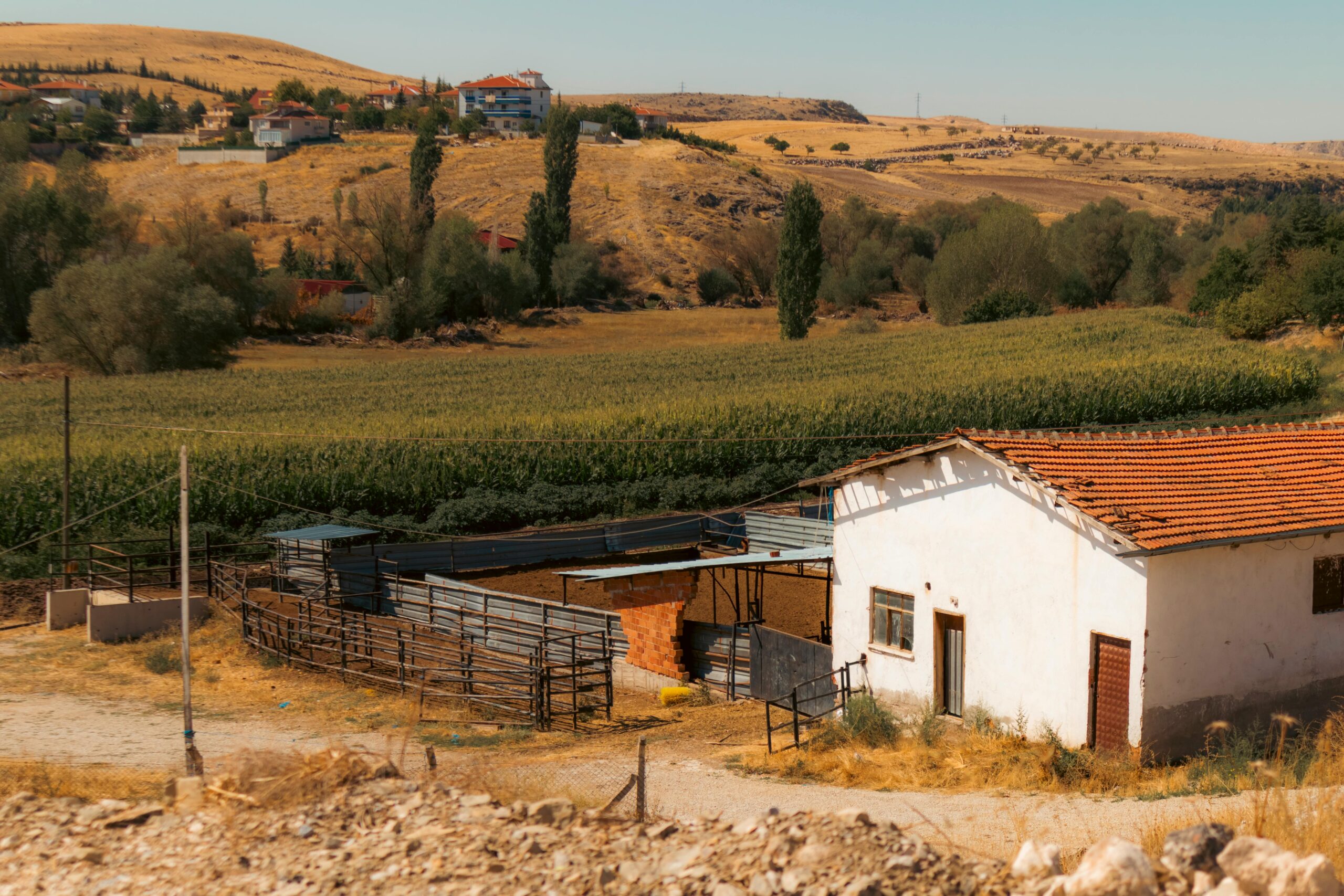
First-Time Rural Buyer Mistakes (And How to Avoid Them)
Buying your first rural home or property? Learn the most common mistakes new buyers make — and how we help you avoid them with clear planning, inspections, and local insight.
Buying in the country comes with a unique sense of freedom — more land, fewer neighbours, and space to breathe. But rural living also brings a new set of responsibilities that many first-time buyers don’t expect. From utilities to zoning, it’s easy to get caught off guard if you’re used to city conveniences.
Here’s what you need to know:
Assuming All Utilities Are Included:
Unlike city homes, many rural properties rely on wells, septic systems, propane heat, or even off-grid setups. These systems work well when maintained — but can be expensive to repair or replace. We make sure you understand what services are present, and what it will cost to maintain them long-term.Overlooking Zoning Restrictions:
Just because there’s open space doesn’t mean you can build anything you want. Rural areas often have strict zoning for agricultural, conservation, or environmental protection. We’ll help you check what’s allowed — whether you’re dreaming of a garage, workshop, guest cabin, or home business.Forgetting About Internet and Cell Coverage:
Rural high-speed internet and reliable cell service are not a guarantee. We help you research available providers and verify signal strength — especially important if you work remotely or need tech-connected systems for farming or business.Underestimating Access and Road Conditions:
Some rural roads are privately maintained, seasonal, or not plowed in winter. This affects not just comfort, but also insurance, deliveries, and emergency response. We’ll make sure you know exactly how (and when) you can access the property year-round.Skipping Professional Inspections:
Rural homes often come with older structures, DIY repairs, or unique systems (like wood-burning furnaces or foundation piers). It’s crucial to get specialized inspections — from septic to structural to well-water — before finalizing a deal. We work with trusted professionals who understand rural construction.
Buying rural doesn’t have to mean going in blind. With the right questions — and the right agent — you can enjoy country life without the costly surprises. We’re here to help you make smart, informed decisions that fit both your lifestyle and your budget.
Frequently Asked Questions
What should I know before buying rural land in Ontario?
Rural land often comes with unique considerations like zoning, road access, and septic systems. Always confirm local bylaws, servicing availability, and permitted land use before making an offer.
Can I finance vacant land or hunting properties?
Yes, but financing terms for raw land are often more limited than for homes. Many lenders require a larger down payment and may evaluate the land’s access, zoning, and development potential.
What areas do you specialize in?
I work across Severn, Oro-Medonte, Ramara, Brechin, Coldwater, Dalrymple, and South Muskoka — with a strong focus on rural, recreational, waterfront, and development-ready properties.
How do I know if a property is zoned for what I need?
Each township has its own zoning maps and bylaws. I help my clients review zoning details to ensure the land supports their goals—whether it’s farming, building, or hunting.
Do I need a real estate agent to buy land?
Yes, especially with rural land. An experienced agent helps you evaluate hidden risks like easements, environmental restrictions, access roads, and long-term land use plans.
What’s the first step to selling my land or farm?
Start by getting a property evaluation and understanding your zoning. I’ll walk you through prepping your land, creating a custom marketing strategy, and pricing it for the right buyers.
What types of properties do you specialize in?
I specialize in farmland, vacant land, recreational and hunting properties, waterfront lots, off-grid locations, and development-ready parcels.
How do I know if a piece of land is good for development?
We assess key indicators like road access, lot size, topography, and servicing availability. I’ll also help you understand what permits and zoning changes may be required.
Helpful Tools
Make every step of your real estate journey easier with our free downloadable guides and checklists. Whether you’re buying, selling, or developing rural land, these guides help you stay organized, ask the right questions, and avoid costly mistakes.
For Buyers
Your Dream Property Awaits
Whether you’re buying, selling, or just exploring your options, Zac is here to guide you with local insight and honest advice. Reach out today and take the next step towards finding your dream property.
All Rights Reserved.
Copyright 2025 © Zac Hele
